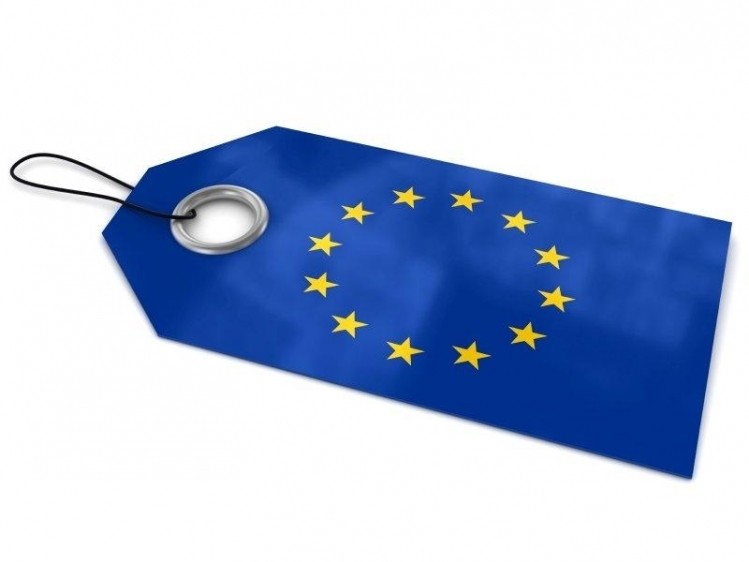EU Clinical Data Transparency One Step Closer as Draft Regs Approved

Last week, the European Parliament's Committee on Environment and Public Health (ENVI) voted to adopt draft rules on Clinical Trials Regulations which intends to improve data transparency by requiring that detailed summaries be published in a publicly accessible EU database and by fining those sponsors who do not comply.
“The reporting requirements for the summary of results are very similar to those already in place in the US, and the publication of clinical study reports is already EMA policy, so the transparency requirements should not be an issue,” an advisor to Glenis Willmott - the Member of the European Parliament (MEP) who is steering the legislation – told Outsourcing-Pharma.com.
Though the vote was unanimous, there has been mixed reactions to the draft ruling from industry.
The EFPIA (European Federation of Pharmaceutical Industries and Associations) issued a statement welcoming the report yet expressed its concerns on the confidentiality of clinical data, saying that “several of the amendments supported by the ENVI committee will jeopardize patient privacy, the integrity of regulatory systems, and incentives for investment in biomedical research in Europe.”
However, Willmott’s office argued that this issue had been well covered by the Commission text in Article 78 and that any data would have had any personal data removed or anonymised before being uploaded to the database.
Furthermore, the advisor added: “Overall the industry should be very happy that the Parliament has adopted a position which does not unnecessarily lengthen the timelines for authorisation, with a risk based approach to regulation, which will allow Europe to be a much more competitive place to carry out trials.
“Although the Parliament is asking for strict transparency requirements they are proportionate and achievable, and clearly in the public interest.”
The number of clinical trials started in Europe fell by 25% between 2007 and 2011, according to a statement published by the European Parliament.
As well as transparency, the draft ruling also amends compensation cover for damages in low-risk clinical trials away from the sponsors and towards a national security or health care system.
EMA Awaits Legislation
Amendments 41 and 18 - dealing with the commercial confidentiality of Clinical Study Reports after authorisation, and appointing the Reporting Member State, respectively – were two of the amendments adopted by the ENVI that saw a particular amount of industry backlash, according to Willmott’s Office.
In April this year, pharma companies AbbVie and InterMune challenged the EMA’s (European Medicines Agency) decisions to grant access to trial information - including clinical study reports – in two access-to-documents requests resulting in a legal ruling by the General Court of the European Union blocking any transparency.
Though Willmott’s advisor would not speculate on whether the amendments would stop any future legal obstructions in information sharing, she “does fully support the EMA policy and has formally written to the European Court of Justice in support of EMA.”
As for the EMA itself, Spokesperson Monika Benstetter told Outsourcing-Pharma.com that for now the agency was just observing proceedings, though acknowledged the direct impact it would have on the agency once passed.


















